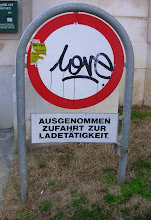In Rousseau's response to "What is the origin of the inequality among men, and is it authorized by natural law?" he makes a case about the evolution of modern man from the earlier savage man, and how this has led to inequality in society.
Part I argues that men are different than animals because, while they both have the ability to form ideas, man can act freely upon them, whereas animals respond simply to instinct. Furthermore, unlike animals, man's mind can progress and evolve, which he calls "the faculty of self-improvement." This ability is also man's "source of all his misfortunes" (p 88) which in turn leads to the development of language and communication. With a greater understanding, men must grapple with love in both physical and moral states. This passion results in an "impetuous ardor which so often renders it fatal to men" (p 103). This leads us back to a question Rosseau states earlier, "whether the progress of their knowledge is an adequate compensation for the harm they do to each other"? (p 98).
Is a heightened understanding of our actions, though vain and horrible as they may be, an equal reward? By being able to weigh the magnitude and meaning of what we do and percieve, does that make it more fulfilling, and the action more valuable?
Also, would we be able to become one with nature once again, at this point in time?
Finally, here's something to think about: "I ask which - civilized or natural life – is the more liable to become unbearable to those who experience it?" (p 97).
Subscribe to:
Post Comments (Atom)

No comments:
Post a Comment